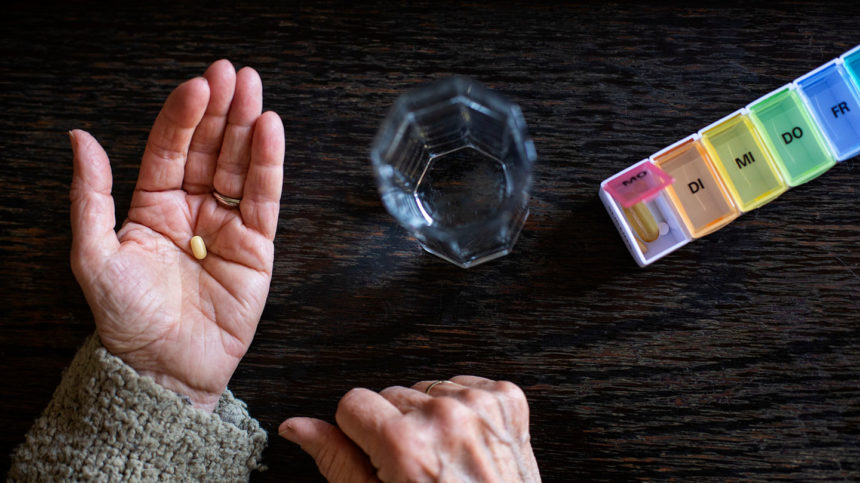
Federal health officials are urging clinicians to consider readily available, recommended therapies such as Paxlovid as first-line COVID-19 treatments. They’ve also issued a reminder to avoid using steroids and antibiotics to treat outpatients with the disease.
In an advisory released Monday, the Centers for Disease Control and Prevention noted that it has seen evidence of the increasing use of systemic corticosteroids and antibiotics in these patients.
“These drugs can cause harm and provide no demonstrated benefit in patients with COVID-19 with no supplemental oxygen requirement or bacterial coinfection,” the agency stated. “Short courses of systemic corticosteroids have been associated with adverse events such as hyperglycemia, gastrointestinal bleeding, psychosis, infections and longer-term effects.”
Antibacterial drugs, meanwhile, have no benefit in treating viral infections, the CDC added.
Previously scarce, now plentiful
But previously scarce, recommended therapies are now available for COVID-19 patients who do not require hospitalization or supplemental oxygen, the CDC added. It referred to guidelines updated April 8 by the National Institutes of Health, which recommend treating these patients with the following drugs in order of preference: The oral antiviral Paxlovid and the infused antiviral remdesivir.
In situations where Paxlovid or remdesivir are not clinically appropriate, feasible to use or available, the following drugs may also be used: the monoclonal antibody bebtelovimab and the oral antiviral molnupiravir, NIH added.
Oral antiviral distinctions
The CDC meanwhile, reminded clinicians that the oral antivirals Paxlovid and molunupiravir are quite distinct in efficacy, risk profiles and use restrictions.“Healthcare providers need to be familiar with these distinctions to make clinical decisions and inform patients,” the CDC wrote. “In addition, initiating treatment with these oral antivirals must begin within five days of symptom onset to maintain product efficacy. The NIH recommends against the use of dexamethasone and other systemic corticosteroids in these outpatients if not indicated for other underlying conditions.
Meanwhile, clinicians should continue to encourage patients to stay up to date with COVID-19 vaccination. Those who are immunocompromised or severely allergic to COVID-19 vaccines can be prescribed the long-acting monoclonal antibody tixagevimab with cilgavimab (Evusheld), for pre-exposure prophylaxis.



